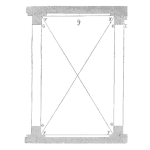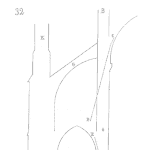
SOR 503 Profit Today Versus Profitability
Abstract
Chris talks about what ‘profitability’ is … and it is not ‘profit today.’ Why is this distinction important? Because focusing on profitability takes care of all of your future ‘profits today.’ But it does not work the other way around. There are plenty of contemporary examples about how we can get this wrong – think Boeing and the ‘mess’ it is currently in. Want to learn more? Please listen here!
ᐅ Play Episode












 Ask a question or send along a comment.
Please login to view and use the contact form.
Ask a question or send along a comment.
Please login to view and use the contact form.